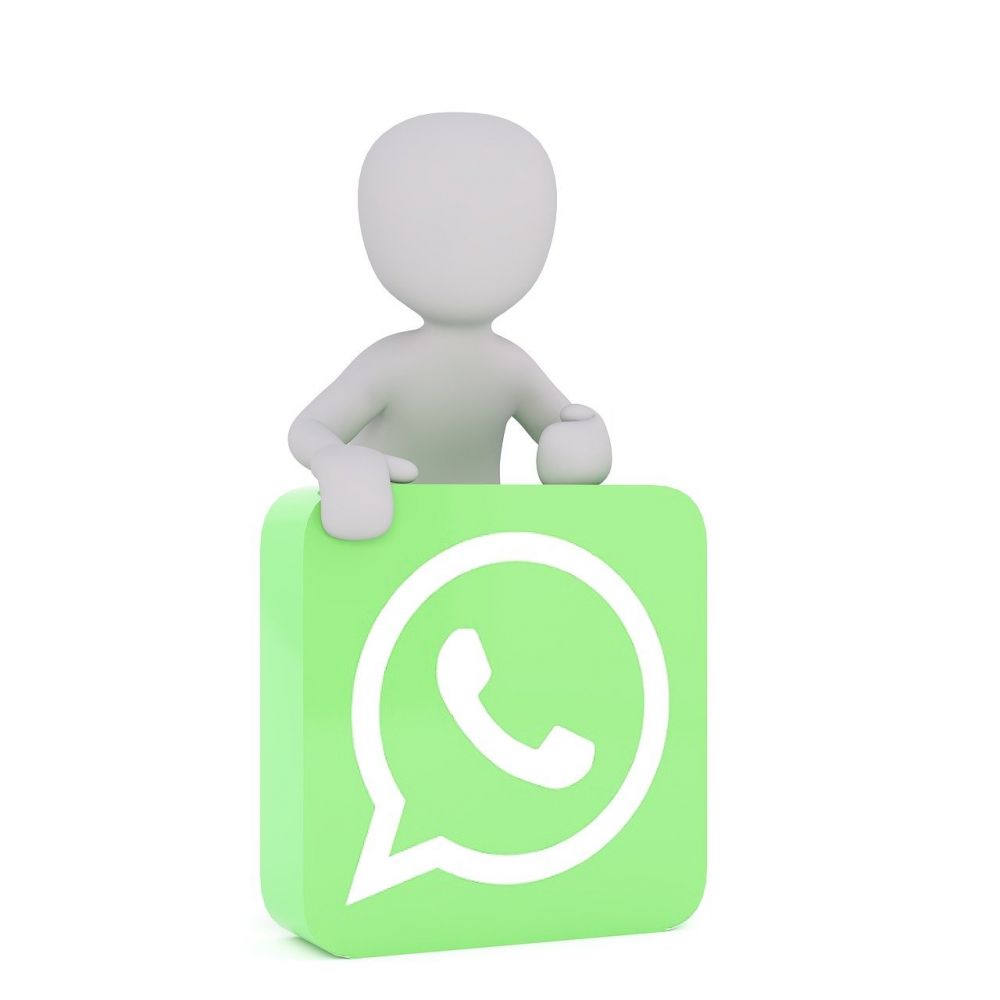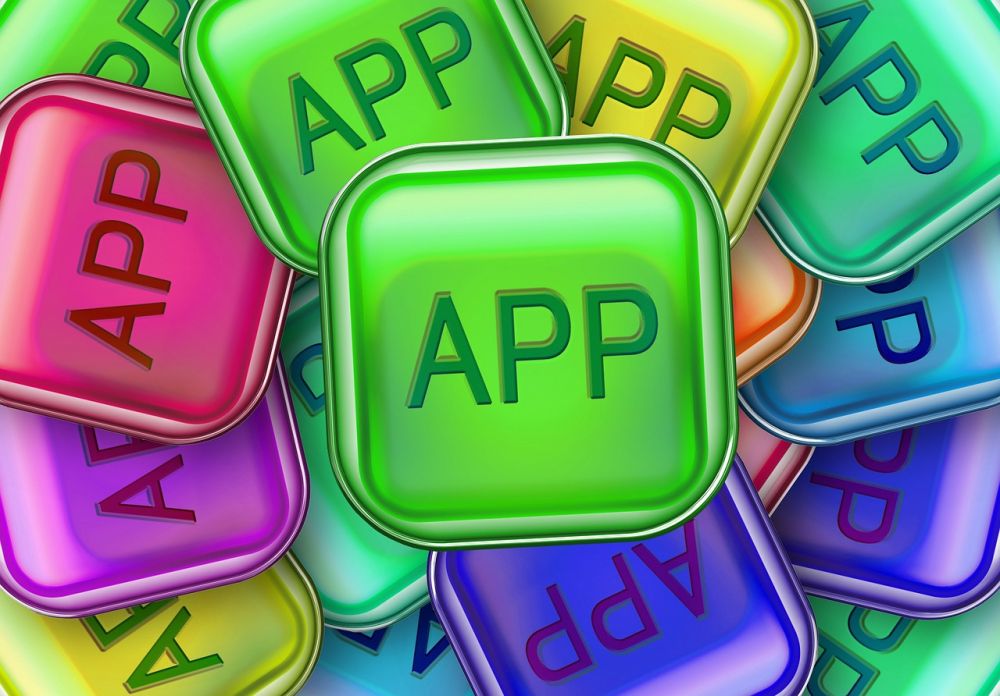Signal App: The Ultimate Secure Communication Platform

Introduction:
In today’s digital age, privacy and security have become paramount concerns for individuals across the globe. With a surge in data breaches and spying scandals, people are actively seeking secure communication platforms to safeguard their personal information. One such app that has gained immense popularity in recent years is Signal App. In this article, we will provide an in-depth analysis of Signal App, its evolution over time, and why it is crucial for individuals who value their privacy.
What is Signal App?

Signal App is an end-to-end encrypted messaging and voice calling application developed by Open Whisper Systems. It prioritizes user privacy and security as its main features, making it one of the most sought-after communication platforms worldwide. Whether it’s sending text messages, making voice or video calls, or sharing media, Signal ensures that all the data exchanged between users remains fully encrypted and can only be accessed by the intended recipients.
Key Features of Signal App:
1. End-to-End Encryption: Signal employs state-of-the-art end-to-end encryption, guaranteeing that only the intended users can decrypt and view the messages. This ensures that no third-party, including Signal itself, can intercept or access the contents of the communication.
2. Secure Voice and Video Calls: Signal’s voice and video calling feature also implement end-to-end encryption, providing users with a secure platform to have sensitive conversations without the fear of eavesdropping or interception.
3. Disappearing Messages: Signal allows users to set a timer for the messages sent, enabling them to self-destruct automatically after a specified period. This feature ensures that the conversations remain confidential and reduces the risk of sensitive data being stored indefinitely.
The Evolution of Signal App:
Signal App has a fascinating history, starting as an independent project and eventually growing into a widely recognized secure communication platform. Let’s take a closer look at its journey over time:
1. Whisper Systems Era: Signal traces its roots back to 2010 when Whisper Systems, a company specializing in mobile security products, was founded by Moxie Marlinspike and Stuart Anderson. They initially released RedPhone, an Android application focused on secure voice calls. Later, they expanded their offerings with TextSecure, which provided end-to-end encrypted messaging.
2. Acquisition by Twitter: In 2011, Whisper Systems caught the attention of Twitter, which acquired the company and its entire team. The acquisition aimed to strengthen Twitter’s security measures and integrate Whisper Systems’ technology into their services. However, in a surprising turn of events, Twitter later decided to discontinue the development of Whisper Systems’ products.
3. Open Source Transition: Faced with the potential demise of their secure communication projects, Marlinspike and Anderson made a bold decision. They released the Whisper Systems code as an open-source project and renamed it “Signal.” This pivotal move allowed the encryption protocols to flourish, as developers worldwide began contributing to the codebase and improving the app’s security features.
4. Foundation Formation: In 2018, Marlinspike and Brian Acton, the co-founder of WhatsApp, joined forces to create the Signal Foundation. This non-profit organization aimed to support and advance the development of the Signal App. With Acton’s substantial funding and commitment, the Signal Foundation has further boosted the app’s growth, ensuring its long-term stability and continuous enhancements.
Becoming the Go-To Platform for Privacy:
Signal App has gained widespread recognition and become a go-to platform for privacy-conscious individuals. Its user base has significantly expanded, driven by a growing concern over data breaches and privacy infringements. Several factors have contributed to Signal’s rise to prominence:
1. Whistleblower Endorsement: Edward Snowden, a former NSA contractor who exposed global surveillance programs, publicly endorsed Signal App in 2015. His endorsement solidified Signal’s reputation as a reliable tool for secure communication.
2. Enhanced Security Measures: Signal consistently improves its security measures, often staying one step ahead of potential vulnerabilities. Its commitment to user privacy and active effort in patching security loopholes has resonated well with individuals seeking a truly secure communication platform.
3. Cross-Platform Compatibility: Signal App is available on multiple platforms, including iOS, Android, and Desktop. This cross-platform compatibility allows users to communicate securely across various devices seamlessly.
4. Intuitive User Interface: Signal’s user-friendly interface makes it accessible to both tech-savvy and non-tech-savvy users. Its intuitive design ensures a smooth user experience without compromising security.
Future Outlook and Conclusion:
As we move further into an era where privacy concerns intensify, Signal App’s importance will continue to grow. With its unwavering commitment to privacy and regular updates, Signal is well-positioned to remain the top choice for individuals valuing secure communication.
Whether you’re sharing sensitive information, discussing confidential matters, or merely engaging in everyday conversations, Signal App provides a robust platform that ensures your messages stay private and encrypted. By prioritizing privacy without compromising features or usability, Signal has set a high bar for secure communication in the digital age.
In conclusion, Signal App is revolutionizing the way we communicate by putting privacy and security at the forefront. Its evolution from an independent project to a widely recognized platform underscores its commitment to user privacy. With the increasing demand for secure communication, Signal is paving the way for a future where individuals can communicate without compromising their privacy.





